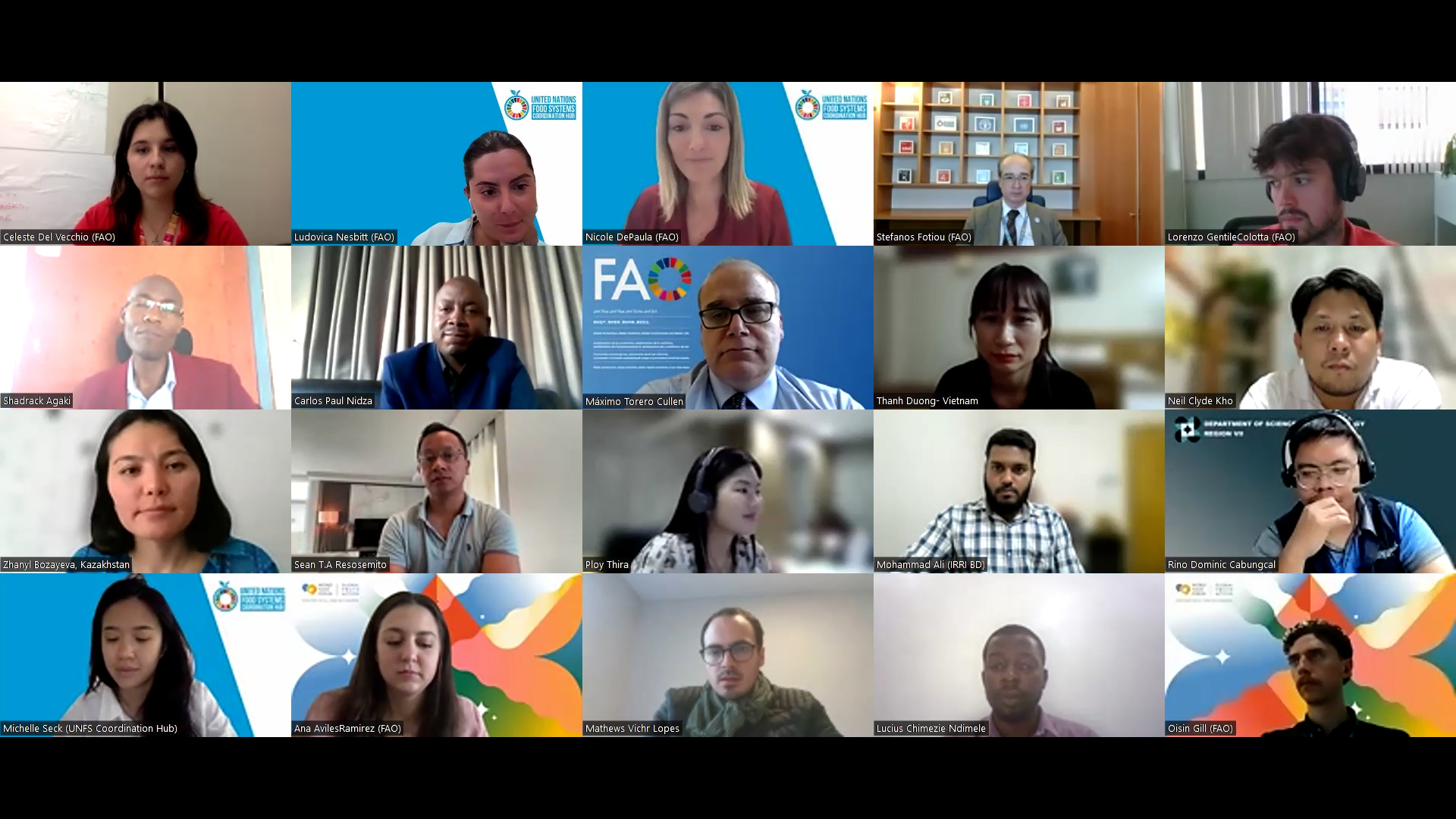SEED FUNDING JOINT PROGRAMMES
Rwanda
Resilient Food Systems: Enhanced Value Chain and Post Harvest Management





PROJECT TITLE | Resilient Food Systems: Enhanced Value Chain and Post Harvest Management |
| Context | Food systems transformation is embedded in several national policies in Rwanda, including the National Transformation Strategy, the Strategic Plan for Agriculture Transformation, the National Environment and Climate Change Policy. In 2021, Rwanda developed its National Pathway, which highlights four priority areas for the country towards 2030: ensuring food security and nutrition for all, while increasing demand for healthy diets; enhancing the environmental sustainability of food systems; improving livelihoods for farmers and all workers in food systems while building resilience to shocks; promoting inclusion of women and youth in food systems, including through enhanced financial opportunities. |
| PUNOs | FAO, WFP, IFAD |
| Contribution to SDGs | SDG 1 No Poverty; SDG 2 Zero Hunger; SDG 8 Decent Work and Economic Growth; SDG 13 Climate Action |
| Contribution to other SDG transitions | Decent Jobs and Universal Social Protection; Energy Access and Affordability |
| Duration | July 2024 – June 2025 |
| Expected financial leverage | $ 3,070,000 |
| Alignment with SG Call to Action | Policy integration; Food systems governance; Research, data, technology and innovation; Inclusive and participatory design; Private sector engagement |
| Outcomes | The JP leverages on improved post-harvest management as a strategic approach to simultaneously reduce food loss, improve incomes, and boost food availability. The JP promotes the economic integration of youth-led MSMEs and builds linkages with partners and initiatives focused on nutrition and food security to connect the dots between food production, processing and consumption. |
| Partners |
|
| Outputs |
|
Forging new connections: Youth Leadership Program alumni meet with the World Food Forum

On 30 June, the Hub co-organized with the World Food Forum (WFF) an online brainstorming with the alumni of the Food Systems Youth Leadership Program (YLP) and WFF members. The meeting united participants to facilitate peer learning and synergies with youth-led activities linked to the World Food Forum (WFF), sparking a powerful global movement to empower youth in shaping food systems and achieving the 2030 Agenda.
The opening remarks by Maximo Torero Cullen, FAO Chief Economist, emphasized the critical role of youth in accelerating food systems transformation. Stefanos Fotiou, Director of the UN Food Systems Coordination Hub, highlighted the importance of creating links within the food systems network to support national pathways.
The briefing also included an interactive session moderated by the Hub’s Technical Officer, Nicole de Paula. Here, participants shared their experiences and gratitude, highlighting the enriching lessons learned during their tenure at YLP. Key suggestions included establishing national chapters, identifying common areas of work, and facilitating connections with National Convenors and governments to foster further collaborations. For all of this, the focus should be on collaborative efforts that avoid duplication of work and create complementarities.
